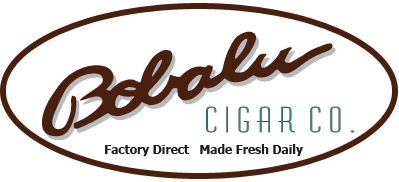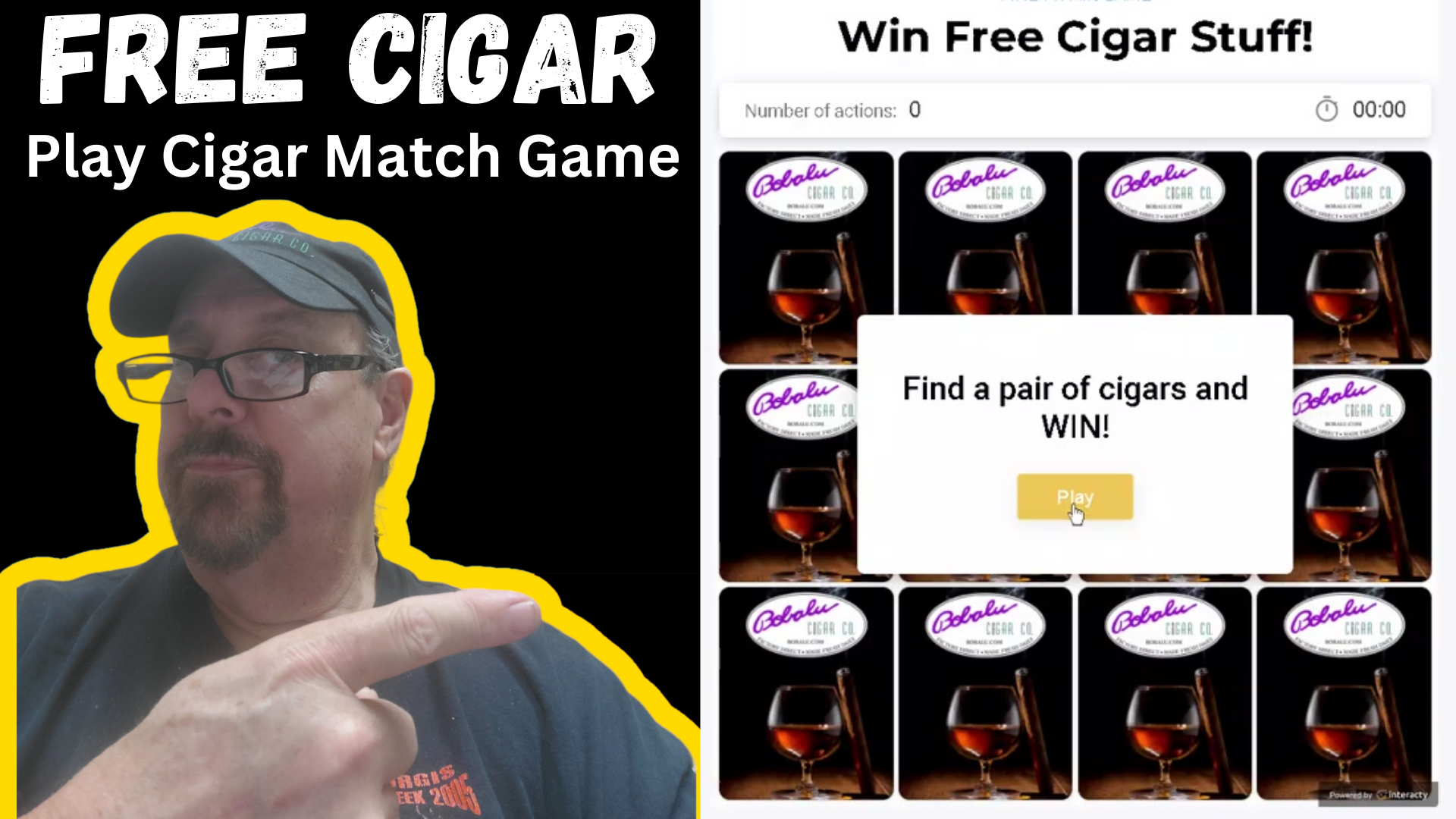United States embargo against Cuba
According to Marxist revolutionary Che Guevara, “A smoke in times of rest is a great companion to the solitary soldier.”
On February 7, 1962, United States President John F. Kennedy imposed a trade embargo on Cuba to sanction Fidel Castro‘s communist government. According to Pierre Salinger, then Kennedy’s press secretary, the president ordered him on the evening of February 6 to obtain 1,200 H. Upmann brand petit corona Cuban cigars; upon Salinger’s arrival with the cigars the following morning, Kennedy signed the executive order which put the embargo into effect. Richard Goodwin, a White House assistant to Presidents Kennedy and Johnson, revealed in a 2000 New York Times article that in early 1962 JFK told him, “We tried to exempt cigars, but the cigar manufacturers in Tampa objected.” The embargo prohibited US residents from legally purchasing Cuban cigars on the market, and Cuba was deprived of its major customer for tobacco.
In the United States, authentic Cuban-made cigars are seen as “forbidden fruit” for Americans to purchase. Upon the expropriation of private property in Cuba, many former Cuban cigar manufacturers moved to other countries (primarily the Dominican Republic) to continue production. Dominican Republic’s production of tobacco grew significantly as a result. After reallocation, most Cuban manufacturers continued to use their known company name, seed, and harvesting technique while Cubatabaco, Cuba’s state tobacco monopoly after the Revolution, independently continued production of cigars using the former private company names. As a result, cigar name brands like Romeo y Julieta, Gloria Cubana, Montecristo among others, exist in both Cuba and the Dominican Republic. Honduras and Nicaragua are also mass manufactures of cigars. Some Cuban refugees make cigars in the U.S. and advertise them as “Cuban” cigars, using the argument that the cigars are made by Cubans.
It remains illegal for US residents to purchase or import Cuban cigars regardless of where they are in the world, although they are readily available across the northern border in Canada and the southern border in Mexico. While Cuban cigars are smuggled into the USA and sold at high prices, counterfeiting is rife; it has been said that 95% of Cuban cigars sold in the USA are counterfeit. Although Cuban cigars cannot legally be imported into the USA, the advent of the Internet has made it much easier for people in the United States to purchase cigars online from other countries, especially when shipped without bands. Cuban cigars are openly advertised in some European tourist regions, catering to the American market, even though it is illegal to advertise tobacco in most European regions.


